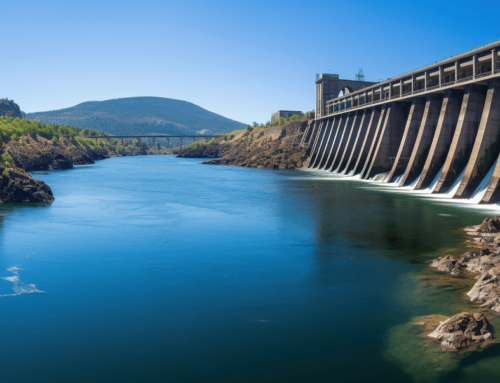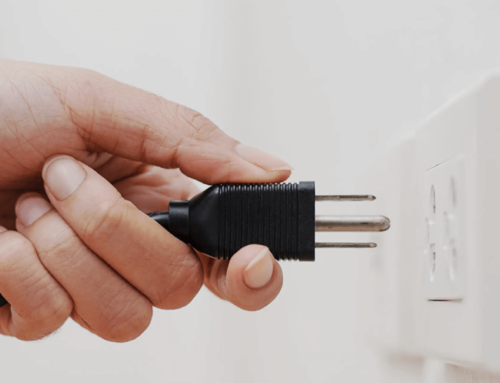When the weather changes, so does your energy usage. Whether you’re turning up the heat during a cold snap or running the air conditioning on a hot day, outdoor temperatures have a direct impact on the amount of electricity or gas your home uses.
In this article, we’ll explore how weather and energy use are connected, how different seasons affect your utility bills, and what you can do to better manage seasonal energy consumption—without sacrificing comfort.
Why does the weather play a significant role in energy usage?
Heating and cooling systems are the largest energy consumers in most homes. That means when the temperature outside rises or falls, your home’s energy demand goes up. According to the U.S. Energy Information Administration (EIA), nearly half of a typical home’s energy consumption is used for heating and cooling.
This number is even higher in areas with extreme weather, where HVAC systems run longer and harder to maintain a comfortable home.
Electricity in winter: what drives higher use?
Cold weather can significantly increase your electricity bill—especially if your heating system runs on electricity. Here’s why electricity use often rises in the winter:
- Electric heating systems (like baseboard heaters or heat pumps) work harder as temperatures drop.
- Shorter days mean more lights are on indoors for longer hours.
- People spend more time at home, resulting in increased use of lights, appliances, and electronics.
Even if your home uses natural gas for heating, you may still see higher electricity usage in winter from things like humidifiers, electric blankets, or space heaters.
Gas usage in cold months
If your home uses gas for heating, expect your gas usage to rise significantly in winter. In fact, heating alone can account for more than half of a home’s gas bill during colder months. Other seasonal gas increases may come from:
- Water heaters are working harder to maintain warm temperatures.
- Longer, hotter showers or baths
- More indoor cooking during colder months
Planning for these seasonal patterns can help you budget and manage energy use more effectively.
How hot weather increases electricity demand
In summer, electricity use can spike as air conditioners run more frequently. This is one of the most noticeable forms of seasonal energy consumption, particularly during heatwaves or prolonged periods of high humidity.
Here’s what typically drives high summer electricity use:
- Air conditioning (central or window units)
- Ceiling fans, dehumidifiers, and portable coolers
- Increased refrigerator and freezer cycles to maintain temperature
- Higher indoor activity, such as streaming, gaming, or working from home, to avoid the heat
Peak electricity demand typically occurs in the late afternoon, when temperatures are at their highest and more devices are in use.
Other weather-related factors that affect energy use
Beyond hot and cold temperatures, other weather conditions can influence your home’s energy usage:
- Humidity: It makes it harder to cool in the summer and retain heat in the winter.
- Cloud cover: Less sunlight means more use of artificial lighting and heating.
- Wind: Drafty homes lose heat faster in winter and gain it in summer.
- Storms: Power outages may lead to increased use of backup generators or other energy-intensive systems.
Tips to manage seasonal energy consumption
You can’t change the weather, but you can control how your home responds to it. These simple tips can help you reduce energy use and costs in any season:
- Seal windows, doors, and other air leaks.
- Upgrade insulation in attics or walls.
- Use a programmable or smart thermostat.
- Switch to energy-efficient appliances and LED lighting.
- Close blinds on hot days and open them on sunny winter mornings
Weather and energy use are closely linked.
Energy usage naturally fluctuates throughout the year. However, by understanding how weather conditions affect electricity and gas usage, you can take simple steps to reduce waste, lower your bills, and stay comfortable—rain or shine, heat or snow.
At Kiwi Energy, we help you power your home efficiently—no matter the season. Our energy plans are designed for individuals who value flexibility, sustainability, and tools to better understand their energy usage throughout the year better.






